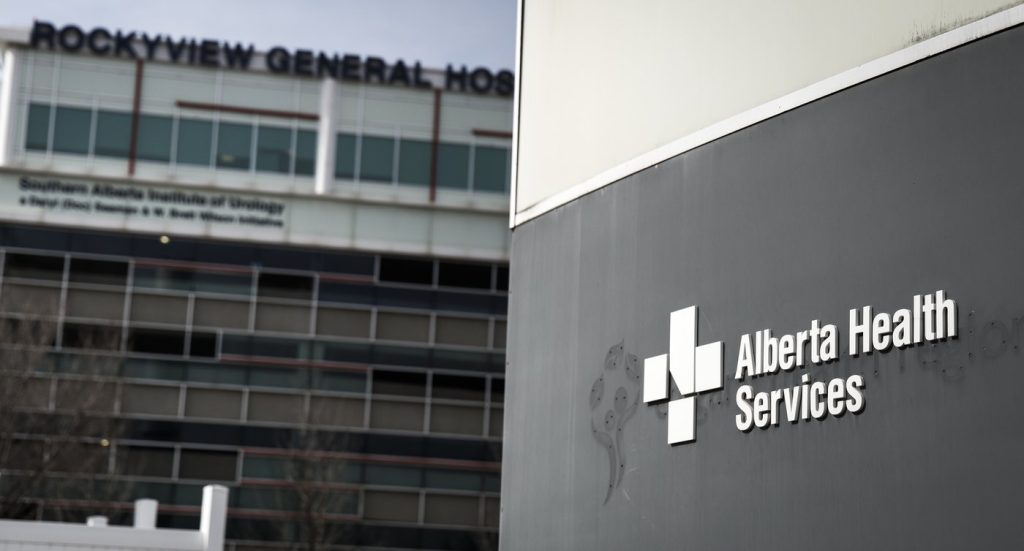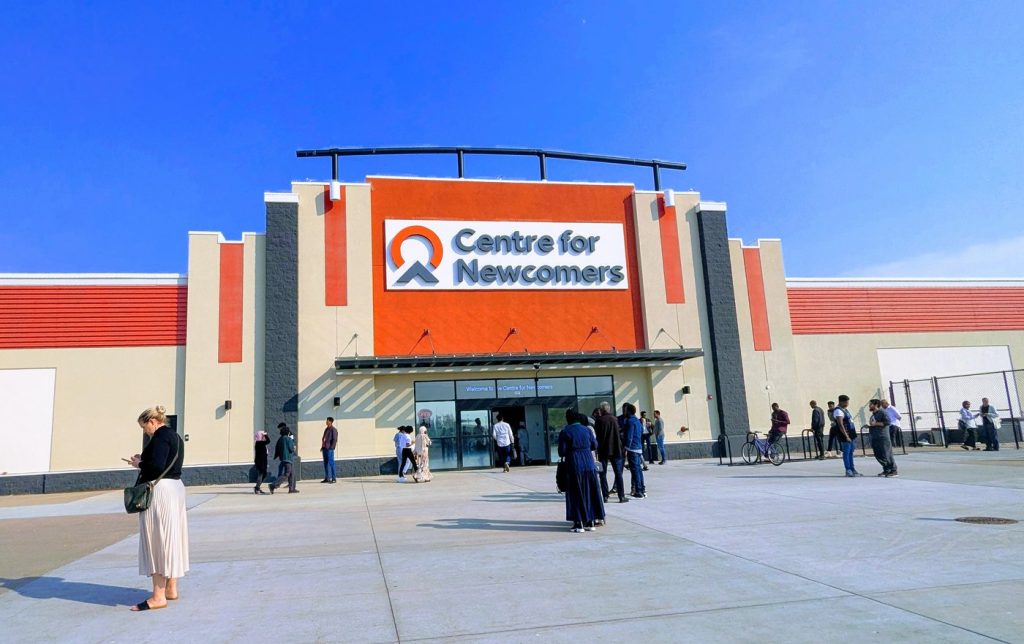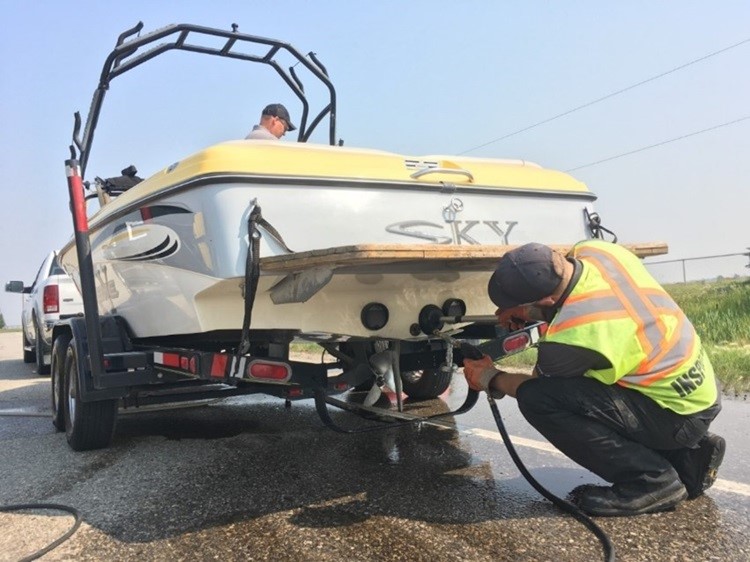Indigenous reaction to emissions cap on Alberta oil and gas industry

Posted December 8, 2023 9:54 am.
Indigenous leaders are reacting to the federal Liberals’ move to cap emissions of Alberta’s oil and gas industry. Some are not happy with the restrictions from Ottawa.
“Indigenous people are finally at a point where we have the ability to participate and to create a policy that hampers that, it’s just, history repeats itself and it’s just another colonial act by the government against indigenous communities to be able to progress themselves and to reconcile that past to be an equitable voice at the table,” explained Justin Bourque, President of the Athabascan Indigenous Investments.
“So whether it’s an exemption or whether I think it would be more important that there is a consultation on these types of decisions that are made, I can wholeheartedly almost guarantee you that the federal government did not consult with Indigenous peoples about an emissions cap with industry and specific to the oil and gas industry that stretches throughout our entire country and 40-50 per cent of the resource development that happens, probably even higher than that number, that happens throughout traditional Indigenous territories are oil and gas, so you’re putting barricades and handcuffs on an opportunity for Indigenous communities.”
Bourque adds that the values of Indigenous communities are the environment. Noting that communities use their relationships to influence how production and decarbonization take place, and that will be hampered by the emissions cap.
“I think that by coming forward with an emissions cap policy that hampers the industry at large it really kind of gets in the way of that organic environment that takes shape.”
He says emission caps will challenge their ability to continue to create their own prosperity.
“There’s a new movement where Indigenous communities are really pushing to have ownership and reconcile the production that has been taken over the years and all of the resource development that has taken place, and to be part of that is really important from a reconciliation perspective”
Bourque says it’s not for the feds to determine what Indigenous communities need.
“If you look at the Athabasca Indigenous Investments which is currently the largest Indigenous-owned equity transaction with industry, they own 11.5 per cent of the main pipelines from the oil sands region to global markets. And so this transaction has been quoted as ‘providing generational wealth to 23 Indigenous communities in Northeast Alberta and something like this really put risks at this generational wealth component,” he explained.
“Our wealth and our ownership of this pipeline is connected to the ability to continue to flow energy through those pipelines into global markets and it’s no secret there is still a demand and a need for those and so an emissions cap could really impact all of the amazing work that we’ve done from a reconciliation and an ownership of resource development assets and put a risk on Indigenous communities prosperity by way of this transaction”
Bourque says the environment between indigenous communities and industry is moving from a historically challenging relationship to a more collaborative one now and he says “by putting emissions cap and hampering the ability for corporations to continue to produce, it leaves challenging situations for indigenous communities not to be able to participate in oil and gas.”
He says even the feds themselves are creating a federal loan guarantee to help support indigenous participation in resource development.
“I think the most recent fall economic statement left some promising comments in there indicating that oil and gas is potentially going to be included, but now to add in an emissions cap on top of that really hampers the environment and challenges the opportunities for indigenous communities to participate and to own that resource,” said Bourque.
“It really feels like this recent announcement is just another example of where the feds seems to like to rule with an iron fist.”
“As an Indigenous person it feels like reconciliation from the federal perspective doesn’t align with self-determination of Indigenous Peoples. It really feels like it’s reconciliation on their terms and I think that’s the challenging piece and I don’t foresee us ever achieving a reconciliation component if there isn’t a full ability for Indigenous communities to have self-determination and to build relationships with how and where and with who they are fit”
He says even a year after that transaction there have been “amazing things” done with those communities with the revenues and dividends from that investment.
“Some communities are paying for their new teachers to their new schools, some are creating new infrastructure that is desperately required for their communities. Others are buying land, other are looking to reinvest into further investment to help expand their ability to develop their communities more”
He says there is even one community that is committed to enhancing the way of life of their elderly community.
“These are real, tangible social impact pieces that are desperately needed in Indigenous communities and so putting an emissions cap puts a risk on their economic sovereignty as it relates to their investments,” said Bourque.
“These types of transactions are really created to decouple reliance and build resilience within indigenous communities and I think this emission cap really impedes that from taking shape.”








